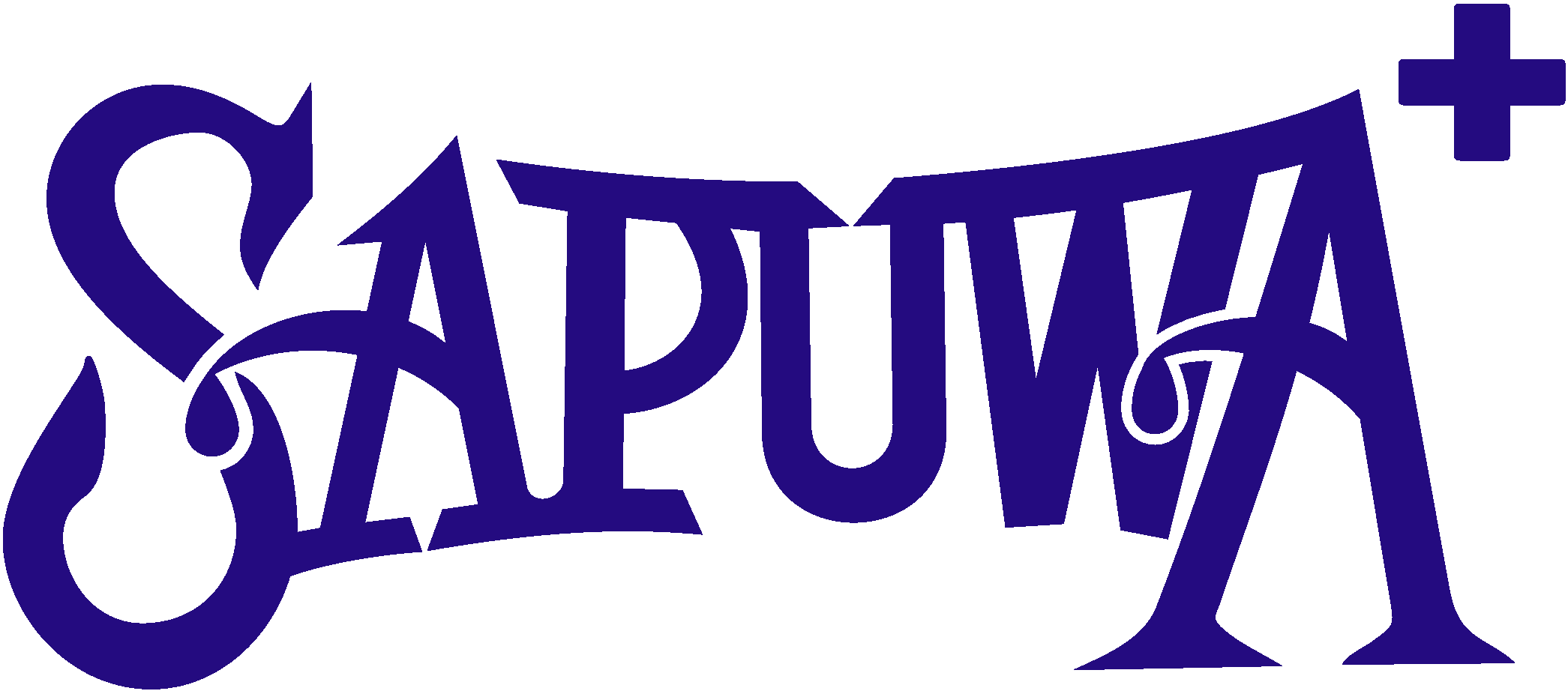Two billion people drinking contaminated water: WHO

Dramatic improvements are needed in ensuring access to clean water and sanitation worldwide, the World Health Organization says. Photo by AFP/Prakash Singh
80 percent of countries acknowledge that their financing is still not enough to meet their nationally-set targets for increasing access to safe water and sanitation.
Dramatic improvements are needed in ensuring access to clean water and sanitation worldwide, the World Health Organization said Thursday, warning that nearly two billion people currently use fecal-contaminated water.
Hundreds of thousands of people die each year because they are forced to drink contaminated water, the WHO said, urging large investments to help provide universal access to safe drinking water.
"Today, almost two billion people use a source of drinking-water contaminated with feces, putting them at risk of contracting cholera, dysentery, typhoid and polio," Maria Neira, head of WHO's public health department, said in a statement.
"Contaminated drinking-water is estimated to cause more than 500,000 diarrheal deaths each year and is a major factor in several neglected tropical diseases, including intestinal worms, schistosomiasis and trachoma," she added.
In 2015, the UN General Assembly adopted Sustainable Development Goals (SDGs) -- a series of aspirational targets for eradicating poverty and boosting human wellbeing, including vowing to ensure universal access to safe and affordable water and sanitation by 2030.
But according to a fresh report Thursday, published by WHO on behalf of UN-Water, countries will fall far short of this goal if they do not radically increase their investments.
The report welcomed the fact that countries had on average raised their annual budgets for water, sanitation and hygiene by 4.9 percent over the past three years.
But 80 percent of countries acknowledge that their financing is still not enough to meet their nationally-set targets for increasing access to safe water and sanitation, it found.
"In many developing countries, current national coverage targets are based on achieving access to basic infrastructure, which may not always provide continuously safe and reliable services," WHO warned in a statement.
The World Bank has meanwhile estimated that investments in infrastructure will need to triple to $114 billion per year -- not including operating and maintenance costs -- in order to meet the SDG targets.
"This is a challenge we have the ability to solve," said Guy Ryder, Chair of UN-Water and head of the International Labor Organization.
"Increased investments in water and sanitation can yield substantial benefits for human health and development, generate employment and make sure that we leave no one behind," he added.
Relative post
- The secret to staying hydrated when traveling for a complete trip
- What should women over 30 drink to have beautiful skin and a youthful figure?
- Where should you go on September 2 in Ho Chi Minh City - Top 10 extremely hot places today
- September 2nd, where should we travel to heal our souls?
- Explain what electrolyte disorders are and effective ways to prevent them
- Alkaline ionized cooking water does not reveal surprising benefits
- Electrolyzed water to treat atopic dermatitis takes advantage of natural power
- Ways to alkalize the body protect health and prevent disease
- 5 signs of excess acid in the body and effective ways to balance it
- The secret to drinking water properly after eating to protect your health
- Types of water you should and shouldn't drink at night for a good night's sleep
- The secret to making tea with alkaline ionized water is especially delicious








 0
0


